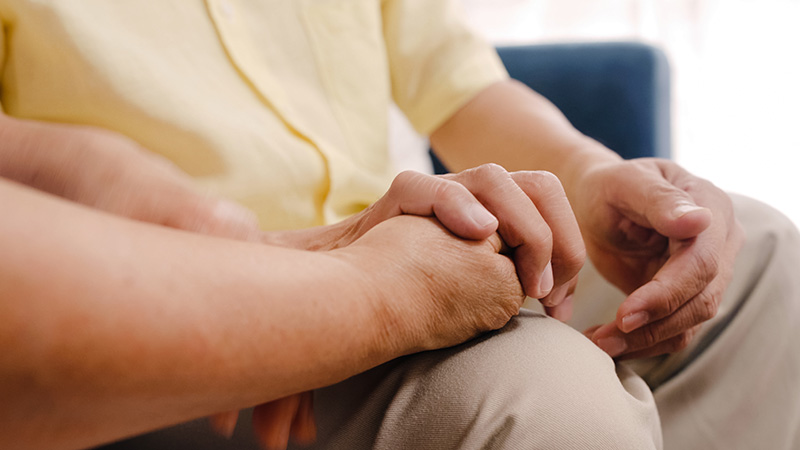WORDS Kelly Harper
Startling facts tell us someone in the world develops dementia every 3 seconds. According to the World Health Organisation statistics, over 57 million people worldwide were living with Dementia in 2021. Leading experts have said that this figure will double every 20 years, reaching 78 million in 2030 and 139 million in 2050.
This makes it even more important that we are aware of the characteristics and behaviours people living with Dementia may display so the right help can be accessed and support put in place to give a better quality of life.
What is Dementia?
Dementia is an umbrella term used to describe a collection of disorders affecting the brain. It is not one specific disease. Dementia affects your thinking, your behaviour, and your ability to perform everyday tasks.
Memory problems may become an issue as we age, but Dementia is not a normal part of the ageing process. Experts say that Dementia is not hereditary and can affect anybody. People over the age of 65 are mostly affected however, although this is less common, it can also affect people in their 40s and 50s.
I like to look at Dementia as a journey. I feel it encourages people to approach it in a more pragmatic and positive way. Every journey is different, but there are three key journey markers to help identify how far along in their journey someone is. They are identified as stages. Stages are broken down into three main categories, early-onset, mid-stage and late stage.
Early-onset: This is the beginning of the journey and is often confused with normal memory loss and sometimes is misdiagnosed. Common symptoms may include:
- Forgetfulness
- Losing track of time
- Becoming lost in familiar places.
Middle-stage: The further into the journey the person travels the more evident it becomes that things aren’t right, the signs and symptoms become more obvious and may include:
- Forgetting details of recent events and people’s names.
- Becoming confused in a once-familiar place.
- Increasing difficulty with speech and communication, and mixing up recalled memories from the past.
- Requiring the support of another person more frequently and needing help with personal care.
- Experiencing behaviour changes, including wandering, becoming very suspicious and repeating questions.
- Becoming possessive over personal items and clothing.
Late-stage: During the final part of a Dementia journey, the person will almost definitely be totally dependent on full-time support, behaviours are more extreme and uncontrollable, and medication is often required at this stage to stabilise the person and reduce the risk of harm to their self. Behaviours include:
- Becoming unaware of the time and surroundings.
- Extreme difficulty or no ability to recognise relatives and friends.
- An increasing need for assisted care.
- Problems with mobility and balance.
- Aggressive and paranoid, fearful behavioural outbursts.
What can be done to help?
Dementia-related charities and organisations around the world are relentlessly seeking a cure for Dementia and Alzheimer’s but until such time they find it the help of families, friends and carers can make a positive difference to managing the condition.
At Algarve Care Services, we have a team of professional, multilingual Carers and Nurses that can assist you.
If you are worried about showing signs of Dementia or are concerned for someone else, don’t waste any time, Dementia is serious but with the right support in place, people on a Dementia journey can still live a meaningful happy life.
Get in touch with us TODAY for a no obligation chat. Call us on +351 920 419 239 or email enquiries@algarvecare.com. You can also visit our website at www.algarvecare.com













